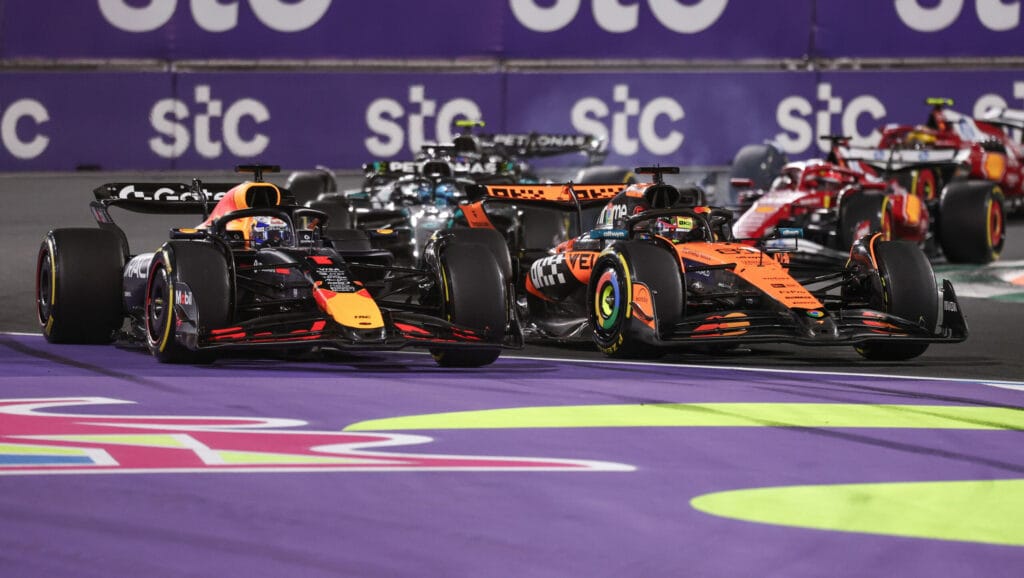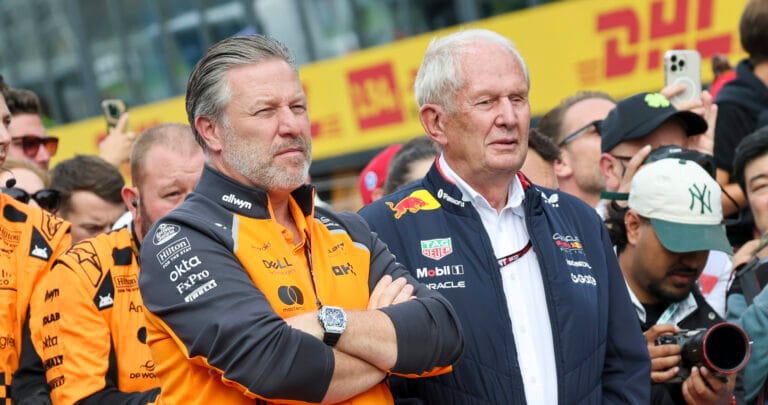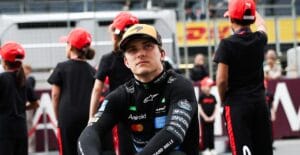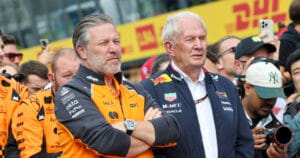Artificial Intelligence, commonly abbreviated as AI, is finding increasing applications. Several Formula 1 teams are already using self-learning computer programs to analyze data or optimize racing strategies. Sports fans are also experimenting with artificial intelligence, but to predict which driver will win a race – and with success!
Data scientist Mariana Antaya developed a software program that accurately predicted race winners using artificial intelligence. In the lead-up to the new Formula 1 season, she began analyzing lap times from the 2024 Australian GP, comparing them with the 2025 qualification data. This allowed her program to accurately predict that McLaren driver Lando Norris would win the race. She shared her findings on social media, sparking the interest of a large number of Formula 1 fans.
“I wanted to try and predict the winner as a fun exercise, just to see how good we can get with the available data,” Antaya said in an interview with Motorsport.com. This proved to be quite successful. Even before the start of the Australian GP, her AI model had already predicted that Norris would triumph at the Albert Park Circuit. On social media, she encouraged other fans to improve the model and include additional data in the predictions.
Too Unpredictable for Artificial Intelligence?
“At the end of the video, I said, ‘This is clearly a simple model, and I didn’t know if it would predict correctly,'” Antaya explained. “I wanted it to become a sort of crowdsource project, so other Formula 1 fans could say, ‘I want you to include weather data,’ or ‘I really want you to incorporate the practice sessions into the model.'” For the Japanese Grand Prix, the AI model also took weather forecasts into account as additional input. This allowed the program to correctly predict that Max Verstappen would win in Suzuka.
“More data helps the model to learn better, allowing it to make more accurate predictions,” Antaya elaborated. For the Saudi Arabian Grand Prix, the model was further expanded to include previous team performances. “We now consider the overall picture of how well the car and the team are performing.” Antaya’s social media posts have become so popular that even Formula 1 engineers have shown interest. Despite the good results, Antaya emphasized that Formula 1 will always remain an unpredictable sport. Crashes and safety cars, after all, can’t always be foreseen. “I think that barrier will always be there,” she concluded emphatically.









